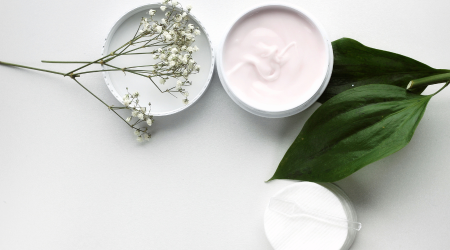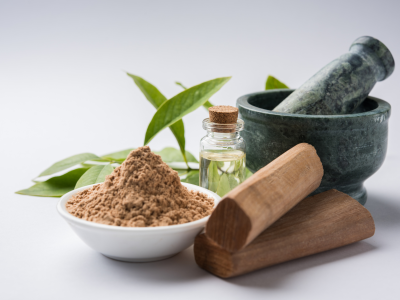
Saffron tea, made by infusing saffron threads in hot water, offers a variety of potential health benefits due to the unique compounds in saffron. Here are some of the most notable benefits:
1. Rich in Antioxidants
Saffron contains powerful antioxidants like crocin, crocetin, and safranal. These compounds help protect cells from oxidative stress and free radical damage, potentially reducing the risk of chronic diseases such as cancer, heart disease, and Alzheimer's.
2. Improves Mood and Reduces Stress
Saffron has been traditionally used as a natural mood booster. Some studies suggest that saffron may increase serotonin levels in the brain, which can help reduce symptoms of depression and anxiety. It’s thought to have mild antidepressant properties, making it a good choice for people seeking a natural mood enhancer.
3. Supports Digestive Health
Saffron is known to aid digestion by stimulating the production of digestive enzymes. It can help reduce symptoms of indigestion, bloating, and acidity. Additionally, its anti-inflammatory properties may help soothe the digestive tract.
4. Boosts Immunity
The antioxidant-rich profile of saffron helps support the immune system by neutralising harmful free radicals. Additionally, saffron contains vitamin C, which is essential for maintaining a healthy immune response.
5. May Enhance Memory and Cognitive Function
Some studies suggest that saffron may improve memory and cognitive function. It has been linked to potential benefits in treating neurodegenerative diseases like Alzheimer’s due to its neuro-protective effects.
6. Aids in Weight Loss
Saffron tea may help control appetite and reduce cravings. Some studies have shown that saffron can decrease snacking, making it easier to manage weight. Its mood-enhancing properties may also help individuals avoid emotional eating.
7. Promotes Healthy Skin
The antioxidants in saffron can promote healthy skin by fighting free radicals that cause aging and skin damage. Some research has shown that saffron extract may help reduce the appearance of dark spots, acne scars, and uneven skin tone.
8. Supports Heart Health
Saffron’s antioxidant properties may help reduce inflammation and lower the risk of heart disease. Some studies suggest that it may reduce bad cholesterol (LDL) and improve blood circulation, which is beneficial for cardiovascular health.
9. Anti-Inflammatory Effects
Saffron has been shown to have anti-inflammatory effects, which may help reduce the risk of inflammatory conditions like arthritis. Drinking saffron tea could potentially help ease symptoms associated with inflammation, such as joint pain.
10. Helps Regulate Menstrual Cycles
Some women use saffron tea to help with menstrual irregularities. Its potential ability to balance hormones may alleviate symptoms of premenstrual syndrome (PMS), such as mood swings and cramps.
How to Make Saffron Tea:
- Boil a cup of water and allow it to cool slightly (around 160-170°F or 70-75°C).
- Add 2-3 strands of saffron to the water.
- Let it steep for 5-10 minutes.
- Optionally, add a small amount of honey or lemon to taste.
- Drink this tea once or twice a day for maximum benefits.
Caution:
- Allergic Reactions: Some people may have allergic reactions to saffron. It's a good idea to start with a small amount to check for any sensitivity.
- Pregnancy: Pregnant women should consult with their healthcare provider before consuming saffron in large amounts, as it can sometimes induce uterine contractions.
- Medication Interactions: Saffron may interact with certain medications, including those for blood pressure, diabetes, and depression, so it’s best to speak with a doctor if you’re on medication.
Incorporating saffron tea into your routine could provide both physical and emotional benefits, but it's always best to use it as part of a balanced diet and healthy lifestyle.

















Leave a comment